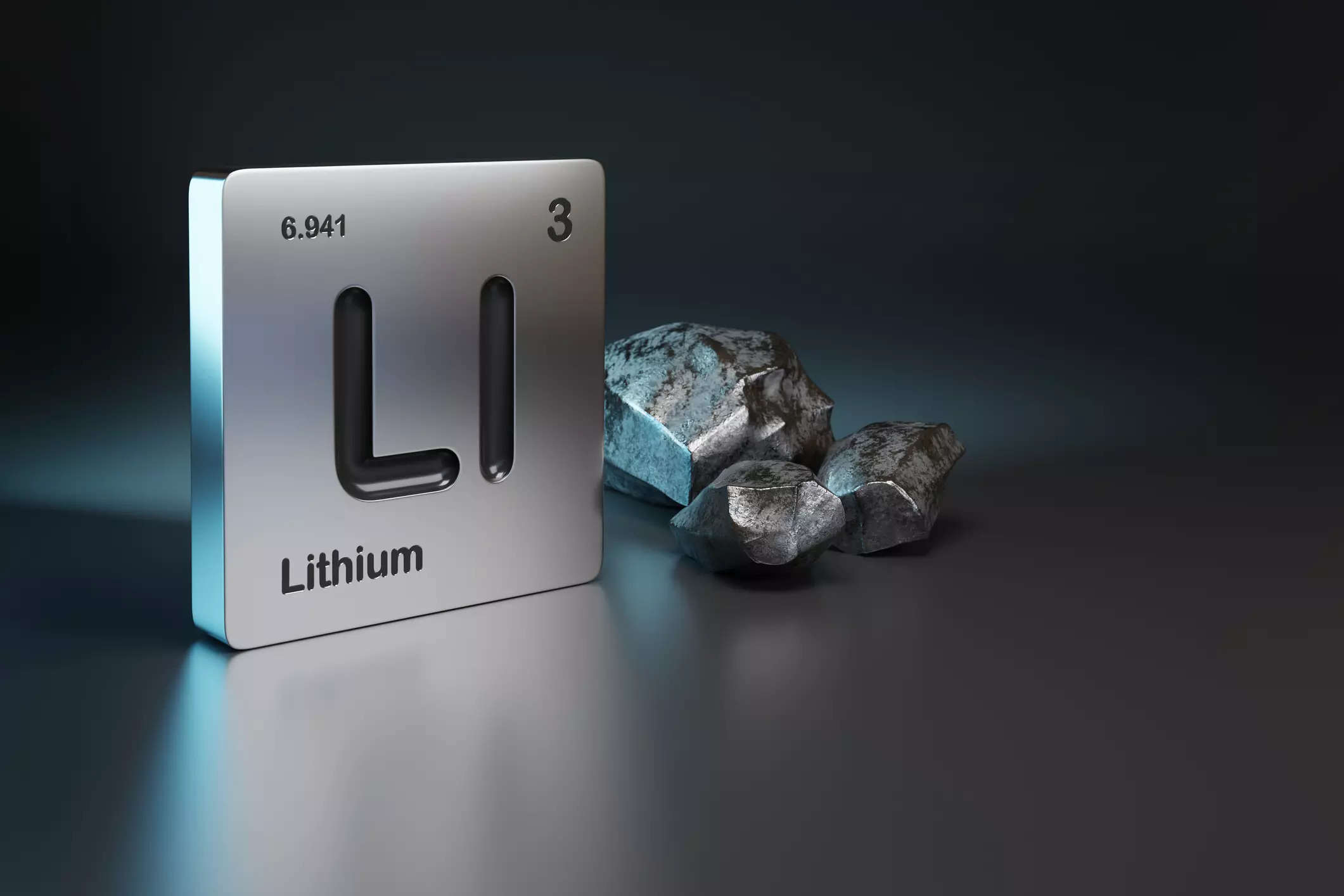Comparing Bitcoin and stocks as investment options can be challenging since they are fundamentally different assets. However, here are some points to consider:
1. Volatility:
Bitcoin is known for its high volatility, which means its price can change significantly in a short amount of time. Stocks, on the other hand, are generally less volatile, and their price changes are often more gradual.
2. Risk:
Investing in Bitcoin carries a higher level of risk than investing in stocks. Bitcoin is a relatively new and untested asset class, and its price can be affected by various factors such as government regulations, hacking incidents, and investor sentiment.

3. Returns:
Bitcoin has the potential for higher returns than stocks, but it also has a higher risk. In the past, Bitcoin has experienced massive price increases, but it has also suffered significant price drops.
4. Diversification:
Stocks offer more diversification options since there are thousands of stocks from various sectors to choose from. Bitcoin, on the other hand, is a single asset class, and investing solely in Bitcoin can lead to a lack of diversification.
5. Liquidity:
Stocks are more liquid than Bitcoin, which means they can be easily bought and sold. Bitcoin, on the other hand, can be more challenging to sell, especially during times of high volatility.
6 Key Differences Between Cryptocurrency & Stock Market
Although both asset classes can be used to build wealth by investors, there are some fundamental differences between them. The table below highlights these key differences.
| Parameter | Stocks | Crypto |
| Regulations | Stocks are regulated by a government authority like SEBI or SEC. All the companies that raise money through stock markets must undergo a thorough auditing process. | The crypto sector is unregulated in most parts of the world right now. Some cryptos are audited via some third party, while others aren’t. |
| Ownership | Stocks give you partial ownership of a company. You are also eligible to vote for the key company decisions as an investor. | While the token you hold has some sort of utility within its ecosystem, it does not give you ownership of the project. |
| Fractional Buying | At least in India, you cannot buy a fraction of a stock. For example, one share of MRF costs about INR 80,000. It is very difficult for retail investors to buy such stocks | Crypto enables fractional ownership. You can buy a billionth part of a Bitcoin or Ethereum as required. |
| Maturity | Stock markets are very old. In India, trading began in NSE about 30 years ago. This means there is significant data available to evaluate the stock market. | The crypto market is relatively younger. Past cycles do not match each other in terms of macro trends. |
| Tradability | Stocks can be traded on a fixed number of days for a fixed number of hours each day. | Crypto is global. It can be traded 24x7x365. |
| Volatility | Stocks are less volatile as they are established over a period | Crypto is more volatile. |
In conclusion, whether Bitcoin or stocks are a better investment depends on your risk tolerance, investment goals, and overall portfolio strategy. Stocks can provide a more diversified and less risky investment option, while Bitcoin has the potential for higher returns but carries higher risk. It is always essential to do your research and consult with a financial advisor before making any investment decisions.












+The+Future+of+Technology.jpg)




